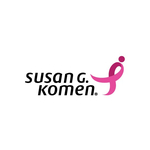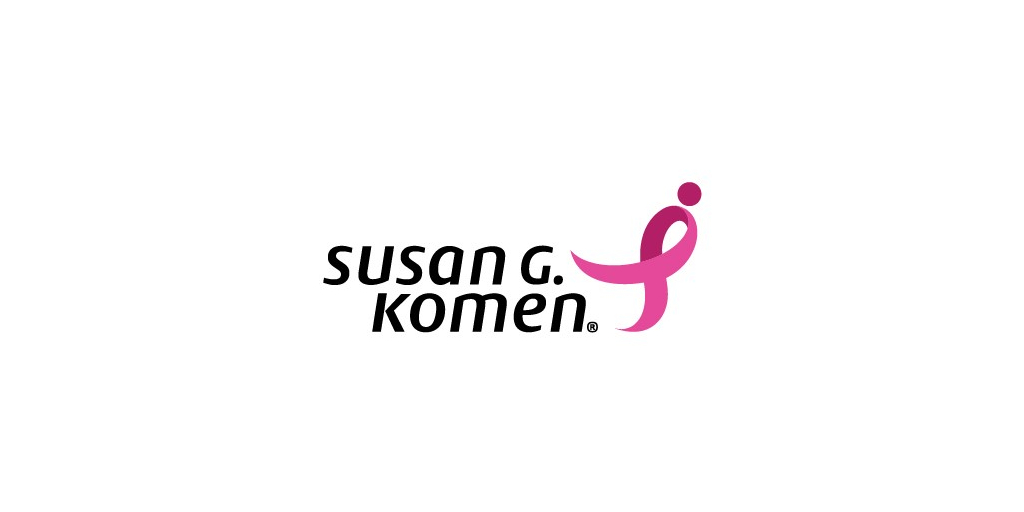Response to Recommendations for Breast Cancer Screening from the U.S. Preventive Services Task Force (USPSTF)
DALLAS–(BUSINESS WIRE)–Susan G. Komen®, the world’s leading breast cancer organization, today commented on the final recommendations made by the U.S. Preventive Services Task Force (USPSTF), advocating biennial screening mammography for average-risk women beginning at age 40.
In a rapidly evolving landscape shaped by advances in science and technology, Komen emphasizes the pressing necessity of personalized screening and treatment plans. While Komen recognizes the challenges of guiding a population toward health-related decisions, a one-size-fits-all model is outdated in the era of precision medicine. Each individual’s unique risk factors, including family history, genetic predisposition, and lifestyle factors, must be carefully considered to optimize screening effectiveness and improve outcomes.
While Komen generally supports the updated recommendation to begin screening at age 40, there is a crucial need for early conversations between patients and their health care providers to determine the screening approach that best meets their needs regardless of age. Komen further emphasizes the critical importance of annual screenings for those at average risk. A biennial approach, as called for in the guidelines, may allow cancers to advance undetected.
“Annual screenings provide the best opportunity for individuals to detect their cancers early when treatment options are easier and survival rates are higher,” said Paula Schneider, president and CEO of Susan G. Komen and breast cancer survivor. “Everyone deserves a personalized breast cancer screening plan tailored to their unique needs, determined in partnership with their trusted health care provider.”
According to the CDC, 25% of eligible women have forgone mammograms in the past two years. Diminishing the significance of regular screening through the new guidelines could exacerbate this troubling fact. These recommendations may cause additional confusion to patients, particularly for individuals with dense breasts or a family history of breast cancer and may create barriers to screening services.
As USPSTF guidelines are directly tied to health plan requirements of no-cost coverage of services for patients, Komen expresses concern that these updated recommendations may impact coverage for many patients, driving down access to and utilization of all needed screening modalities. This could result in increased late-stage diagnoses when breast cancer is more difficult and more expensive to treat.
Recognizing the ongoing challenges and disparities in screening access and utilization, Komen calls upon policymakers, health care providers, advocacy organizations, and the broader community to redouble their efforts in promoting breast cancer awareness, education and early detection initiatives for all people, aligned with their personal risk profile.
As steadfast advocates for breast health, Komen remains committed to advancing screening practices, promoting evidence-based guidelines, ensuring affordable access, and improving outcomes in the fight against breast cancer. For more information, please visit komen.org.
About Susan G. Komen®
Susan G. Komen® is the world’s leading nonprofit breast cancer organization, working to save lives and end breast cancer forever. Komen has an unmatched, comprehensive 360-degree approach to fighting this disease across all fronts and supporting millions of people in the U.S. and in countries worldwide. We advocate for patients, drive research breakthroughs, improve access to high-quality care, offer direct patient support and empower people with trustworthy information. Founded by Nancy G. Brinker, who promised her sister, Susan G. Komen, that she would end the disease that claimed Suzy’s life, Komen remains committed to supporting those affected by breast cancer today, while tirelessly searching for tomorrow’s cures. Visit komen.org or call 1-877 GO KOMEN. Connect with us on social at www.komen.org/contact-us/follow-us/.
Contacts
Media Contact
press@komen.org







